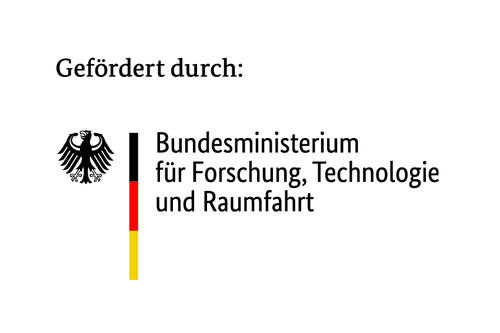B3.7: Wetterregime und Temperaturextreme aus der Perspektive von dynamischen Systemen (DySyTEx)
In einem sich erwärmenden Klima werden Häufigkeit und Intensität von Hitzewellen im Allgemeinen zunehmen. Allerdings bestehen Unsicherheiten, in welchem Ausmaß diese Veränderungen auf thermodynamische oder dynamische Beiträge zurückzuführen sind. Das Ziel dieses Projektes ist es daher, weitere Erkenntnisse über die mögliche Rolle der atmosphärischen Dynamik bei der Modulation der statistischen Eigenschaften zukünftiger Hitzeextreme zu gewinnen.
Zu diesem Zweck wird der dynamische Zustand der Atmosphäre mit euroatlantischen Wetterregimen in der mittleren Troposphäre charakterisiert, die lang anhaltende und sich langsam entwickelnde Wettermuster darstellen (Hannachi et al., 2017; Grams et al., 2017). Darüber hinaus wird die Theorie dynamischer Systeme verwendet, um die Persistenz, die lokale Dimension und die “co-recurrence ratio” eines atmosphärischen Zustands zu quantifizieren (Faranda et al., 2017; Faranda et al., 2020). Während die lokale Dimension und Persistenz Informationen über die Entwicklung der atmosphärischen Zirkulation liefern, wird die „co-recurrence ratio“ verwendet, um das simultane Auftreten von dynamischen Konfigurationen mit Temperaturmustern im Zusammenhang mit Hitzewellen zu quantifizieren. Dieser Ansatz wird zur Charakterisierung sowohl von Hitzewellen als auch von Wetterregimen angewendet.
Diese Methoden werden eingesetzt, um die dynamischen und thermodynamischen Beiträge zu Hitzewellen zu quantifizieren. Zudem wird untersucht, inwieweit Änderungen von Hitzeextremen von Wetterregimen und damit von Änderungen der atmosphärischen Zirkulation abhängen. Insbesondere sollen mögliche Änderungen der Übergangswahrscheinlichkeiten zwischen verschiedenen atmosphärischen Zuständen, deren Vorhersagbarkeit und Persistenz, sowie deren Einfluss auf Hitzewellen bewertet werden. Schließlich wird ein qualitativer Ansatz entwickelt, um geeignete CMIP6 Modelle für robuste Projektionen zukünftiger Hitzewellen, deren Vorhersagbarkeit und die damit verbundenen Unsicherheiten zu identifizieren.
Institutionen: Institut für Meteorologie und Klimaforschung (IMK)1; Institut für Geowissenschaften, Universität Bonn2
Kontakt: Prof. Dr. Joaquim G. Pinto1, Christian M. Grams1, Ines Dillerup1, Dr. Sebastian Buschow2


